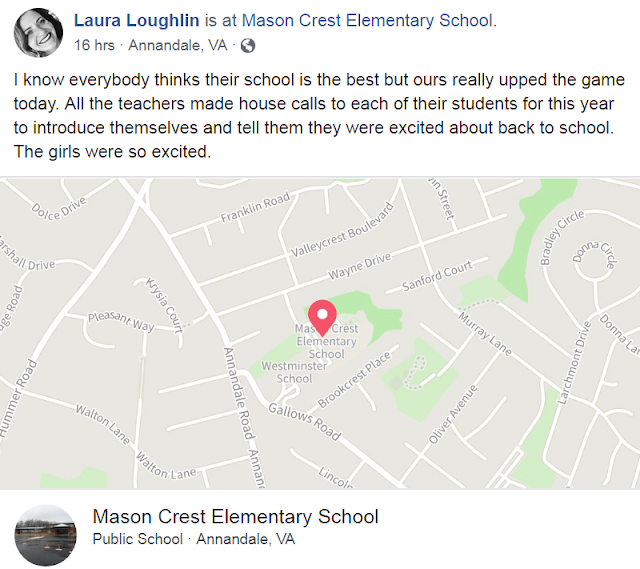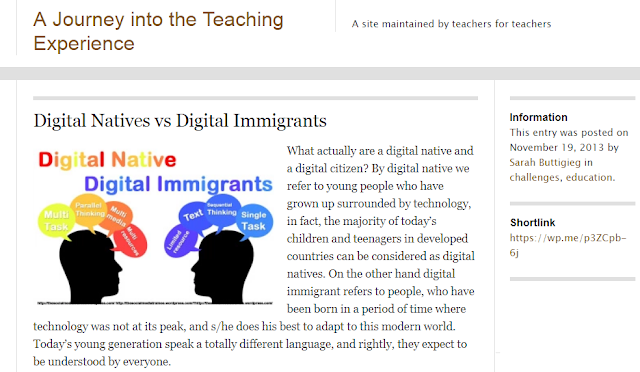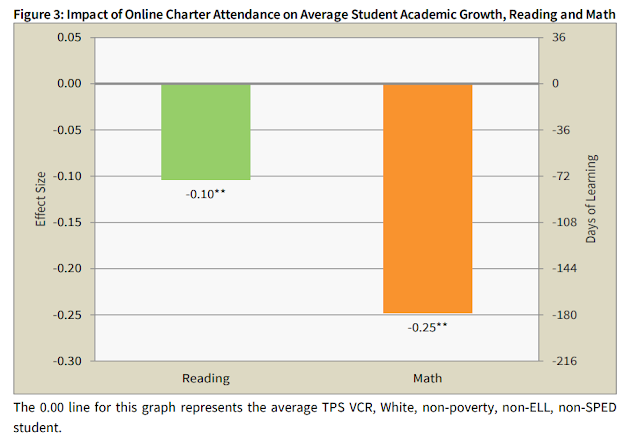Who Clamors for School Reopening Amid Surge in Coronavirus Cases?

With the possibility of overwhelming hospital facilities and staff, it is now necessary for the US to do everything possible to reduce the spread of the novel coronavirus. In the past, we have obviously made mistakes by not shutting down the main avenues through which the virus is transmitted from person to person: indoor gatherings. Early in the Fall, schools remain closed in most areas but bars, gyms, restaurants, churches and weddings continue. And in New York City, with an apparent second wave of infections, schools close doors first while bars remain open. Current data do indicate that schools in areas where in-person learning continues do not contribute significantly to the transmission of the coronavirus. Nevertheless, at this point where every state in the country is seeing a rapid and uncontrolled rise in COVID cases, it is obviously not prudent to send our young to schools. Yet, in the county I live in, a group called OpenFCPS still clamors for students to have the choic...













